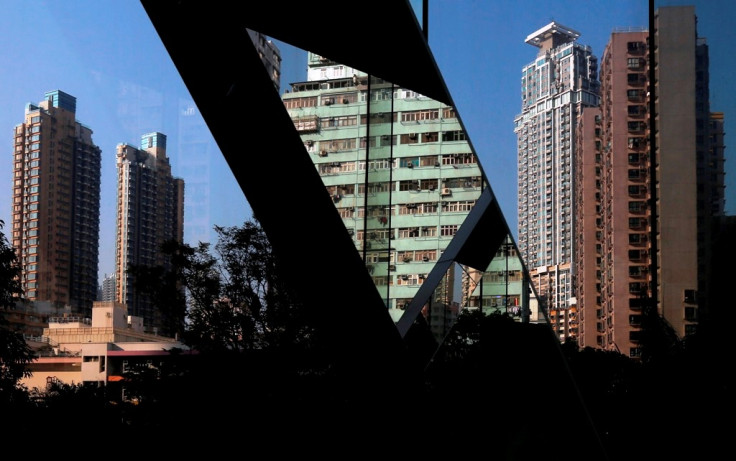A housing bubble in Hong Kong won't topple its economy
The city's home prices have risen by some 13% after hitting a bottom in mid-2014.

Market watchers, prompted by government moves to battle a potential housing bubble in Hong Kong, have said that even a "collapse" in house prices will not set off a prolonged "economic downturn" in the city.
Hong Kong is largely captive to US monetary policy as it has pegged its currency to the US dollar and a tighter US Federal Reserve policy will push up mortgage rates in the city, Chang Liu, an economist at Capital Economics, said in a note, adding that mainland Chinese were buying fewer properties.
Chang noted that a crash in home prices will mainly hit Hong Kong's private consumption, and its construction and banking sectors.
Studies suggest that a percentage-point decline in home prices causes a 0.1 percentage-point fall in the city's private consumption growth, Chang noted, adding that the 70% price drop in the 1997 crash, amid the Asian financial crisis, lowered consumption growth by 7% to 8% over five years.
But as construction accounts for just about 4% of GDP, a collapse there will be "manageable" for the economy, Chang noted.
Banks, meanwhile, may be protected by low loan-to-value ratios averaging around 55% for last year's new mortgages, and by government attempts to rein in speculators, keeping delinquency ratios low, he added.
Citigroup, in a note this week, said Hong Kong could introduce further cooling measures to prevent its housing market from overheating as the US central bank increases interest rates at a slower-than-expected pace.
But Citi said it was still positive about the city's residential property market over the next year.
...even a total collapse in house prices would be unlikely to lead to a slump in private consumption.
Chang said: "With the [US] Federal Reserve set to tighten policy this year and growth likely to slow further in the mainland, there are rising concerns about a possible collapse in house prices.
"While [Hong Kong's] economy would be weakened if this happened, we would not expect to see a severe and protracted economic downturn."
"While the impact is sizable, it also suggests that even a total collapse in house prices would be unlikely to lead to a slump in private consumption," he added.
Citi said: "Further tightening may cool the property market only for a short while.
...the annual supply shortage of over 6,000 units to continue for the next three years.
"We expect the annual supply shortage of over 6,000 units to continue for the next three years. Families that do not buy a house would opt for a lease, which would drive up the rental rates – another support to physical home prices."
Both Hong Kong's housing minister Anthony Cheung, and the head of the Hong Kong Monetary Authority, warned on 3 February that cooling measures will be taken to avert a housing bubble.
The city's home prices have risen by some 13% after hitting a bottom in mid-2014.
Hong Kong's private home price index climbed to a record high in December 2014, up 13% from a year ago, after rising for nine straight months, according to official data.
© Copyright IBTimes 2025. All rights reserved.






















